Introduction
Making friends and being a sociable person isn’t easy in this day and age, and these are the things tons of adults are struggling with. Luckily, kids generally don’t have problems making friends, regardless of their age and interests. Still, some children might need encouragement to become more friendly and sociable, and that’s where you have to step in and help them do that. If this is something you’re thinking about doing as well, here are a few ideas that could help you enhance your children’s social skills and take them to a higher level.
Teach them how to share
It doesn’t matter how old your kids are and what they love doing in their free time – they won’t be able to make friends until they learn how to share. From books and toys to snacks and everything else, sharing is crucial for developing your kids’ social life and helping them make and keep friends in the years to come. However, teaching your kids to share definitely is one of the most challenging things in the world and one of the hardest things you’ll ever do. There are lots of factors you need to pay attention to, but the most important thing is to be calm and remain patient with your loved ones. This is a lengthy process that may take several years, from their early age to their preschool phase, so take a deep breath and start teaching them to share right now.
Organize playdates
Probably the most effective way to help your kids become more sociable is to encourage them to spend as much time with other kids as possible. If your child has no siblings yet, you need to surround them with other children of their age – and then just let them interact and form connections on their own! Playdates are another great way to take things even further and achieve even more in less time. Playing with other kids will teach your children how to share and how to behave in a more natural environment, and it’s certainly going to suit them more than having to spend all their time with you. Moreover, playdates will give you a chance to relax and have some adult conversation yourself, which is why this is a win-win scenario for you all.
Find a great childcare centre
If you’re a working parent, not being able to spend enough time with your kids is the worst thing in the world. That’s why you need to make sure they’re safe, protected, happy, and taken care of while you’re working. And that’s why finding a great childcare centre is a right thing to do, especially if you’re trying to boost their social skills and do something for their future. Modern childcare centres all over the world, from Australia to Canada, can do great things for the development of your child, especially if they include different activities your loved one will like. That’s why parents in Australia, for instance, might look for a nurturing childcare centre in Waterloo that’s based on the Reggio Emilia approach that helps your pre-schoolers become more independent, caring, and sociable. These childcare centres will do wonders for your child and build a strong foundation for their future life, so don’t be afraid to start exploring them today.
Encourage them to explore different sports
Most parents don’t have enough time and energy to hang out with their kids all day long, but guess who does – other kids! That’s why playing sports is a great group activity that brings children together and helps them make friends. What you need to do, though, is forget all about putting pressure on your children. Instead of forcing them to try out a particular sport, let them make their own choices and find their own way. In other words, encourage them to try out different sports until they find the one they love the most. After that, just take a step back and support them, and they’ll continue making new friends without your help.
Conclusion
Helping your kids become more sociable isn’t easy, but it’s not that hard either – just follow these simple rules and don’t forget to be there for your loved ones every step of the way! Author Name: Emma Joyce Emma Joyce is a mom who likes to write about her life as a parent. Since exploring the difficulties of balancing two active boys and her job, she learned how to multitask. As well as sharing that experience with other busy mums. Emma also writes about and her interest in sport, children’s sport and sport related activities. Author’s Website URL – http://www.smoothdecorator.com/
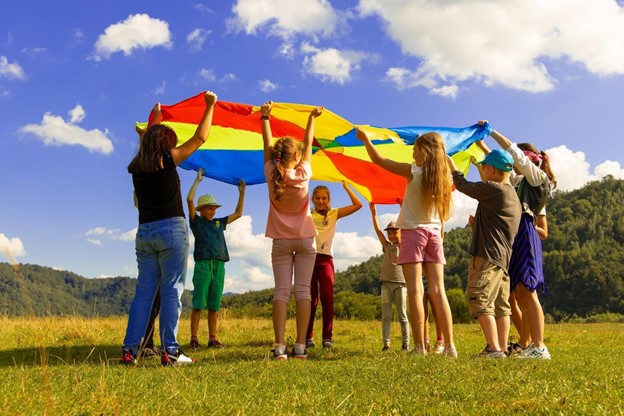




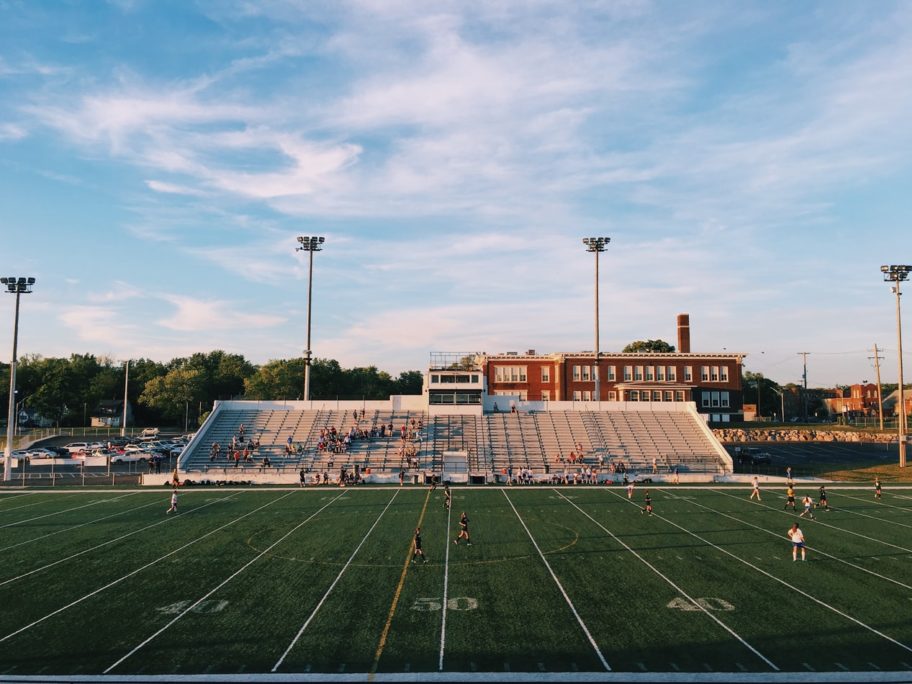


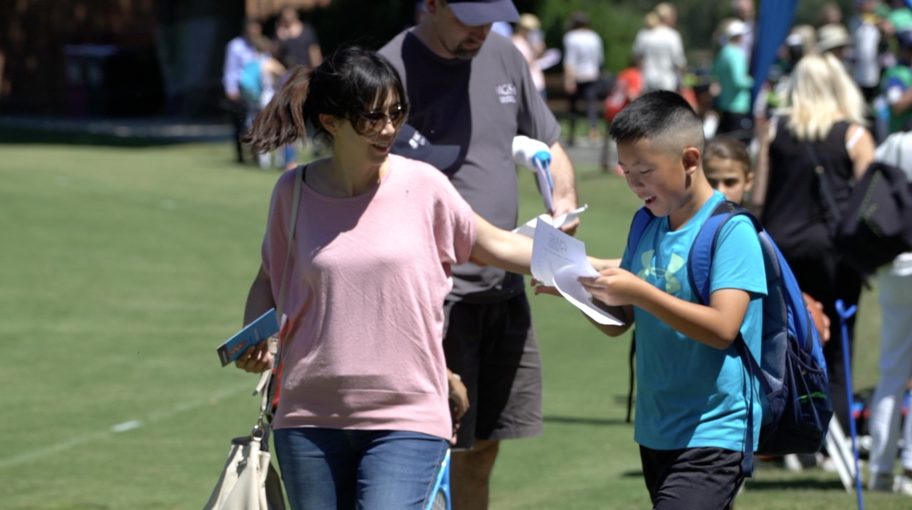


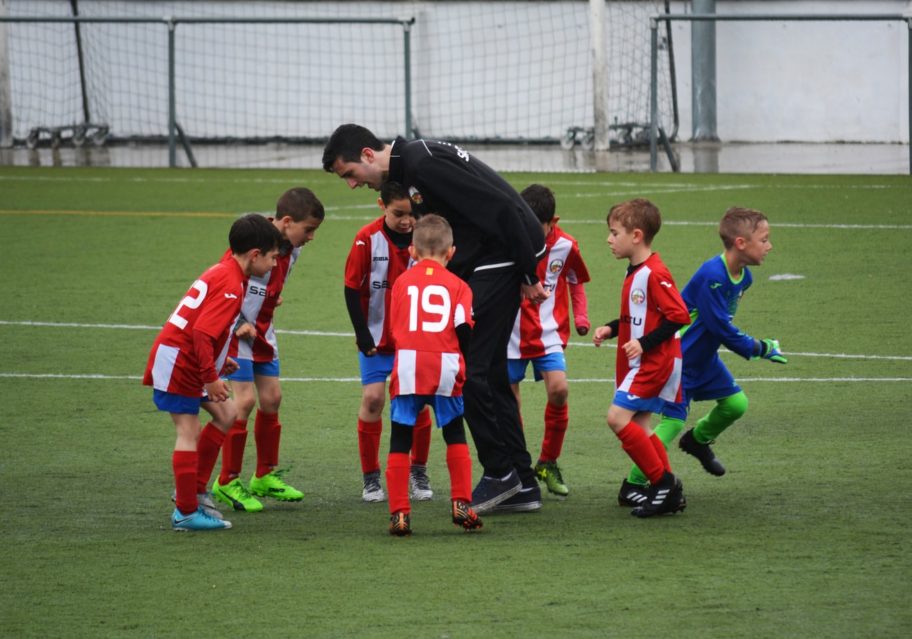


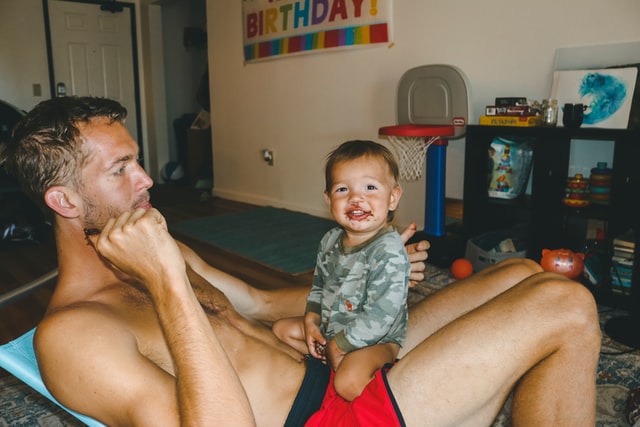





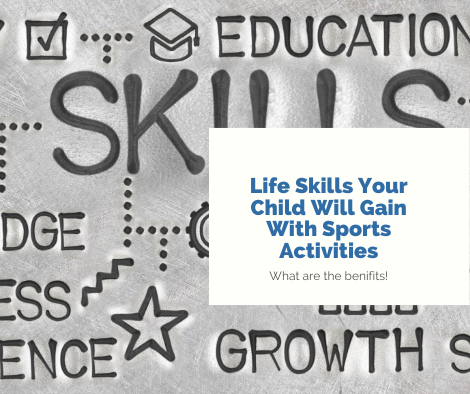


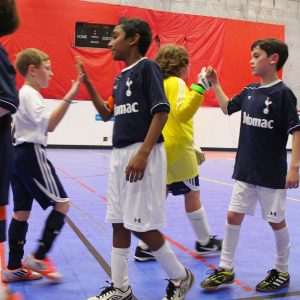

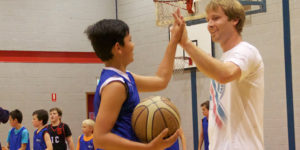

 The sport itself is a fast-moving game that involves variety and plenty of different skills. Which, we teach at our
The sport itself is a fast-moving game that involves variety and plenty of different skills. Which, we teach at our  Learning the fundamentals of lay-up techniques from an early age is essential in strengthening your offensive repertoire. The footwork involved in completing a lay-up is multifaceted. When performing a layup, you want to dribble close to the basket with your dominant hand. You want to get close enough to have easy access to the basket, but not so close that you are directly underneath it. Next, when approaching from the right side, step towards the basket with your right foot. This will allow you to gain distance. As well as, positioning yourself within easy shooting range. Following this, jump off your left foot for elevation and power, to bring you towards the basket for an easy completed layup. This is a small breakdown of the footwork behind a lay-up. And this is focused upon and taught more extensively at our ASC Basketball Camps. By attending an ASC basketball camp, your child will participate in multiple drills and games. Our professional coaches design them to improve your lay-up technique! In addition to, dribbling, passing, shooting and defensive techniques!
Learning the fundamentals of lay-up techniques from an early age is essential in strengthening your offensive repertoire. The footwork involved in completing a lay-up is multifaceted. When performing a layup, you want to dribble close to the basket with your dominant hand. You want to get close enough to have easy access to the basket, but not so close that you are directly underneath it. Next, when approaching from the right side, step towards the basket with your right foot. This will allow you to gain distance. As well as, positioning yourself within easy shooting range. Following this, jump off your left foot for elevation and power, to bring you towards the basket for an easy completed layup. This is a small breakdown of the footwork behind a lay-up. And this is focused upon and taught more extensively at our ASC Basketball Camps. By attending an ASC basketball camp, your child will participate in multiple drills and games. Our professional coaches design them to improve your lay-up technique! In addition to, dribbling, passing, shooting and defensive techniques!  The art of pivoting can take time to master for younger players. Also, learning when to use it and what footwork patterns work in different situations will take time too. So, at Australian Sports Camps we ensure that all participants undergo multifaceted pivoting drills during the camp duration! So, your child builds a foundation of understanding on pivoting. Which, they can take forwards into their basketball career. At ASC we strive to deliver an innovative program that covers all facets of the game of basketball! Designed to improve your skills and maximise enjoyment! So, whether you want to learn how to shoot 3’s like Steph Curry, or
The art of pivoting can take time to master for younger players. Also, learning when to use it and what footwork patterns work in different situations will take time too. So, at Australian Sports Camps we ensure that all participants undergo multifaceted pivoting drills during the camp duration! So, your child builds a foundation of understanding on pivoting. Which, they can take forwards into their basketball career. At ASC we strive to deliver an innovative program that covers all facets of the game of basketball! Designed to improve your skills and maximise enjoyment! So, whether you want to learn how to shoot 3’s like Steph Curry, or  Jump stops are essential footwork fundamental for all players, both new and experienced. Just watch this attached video
Jump stops are essential footwork fundamental for all players, both new and experienced. Just watch this attached video  What Now?
What Now?